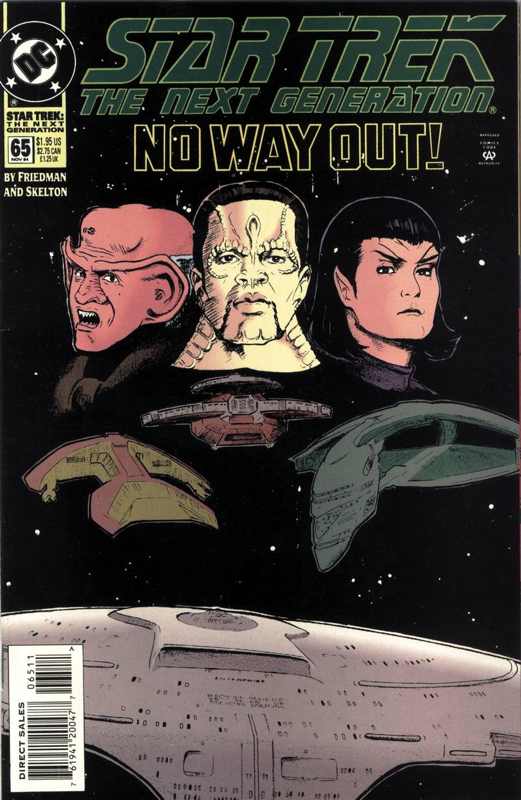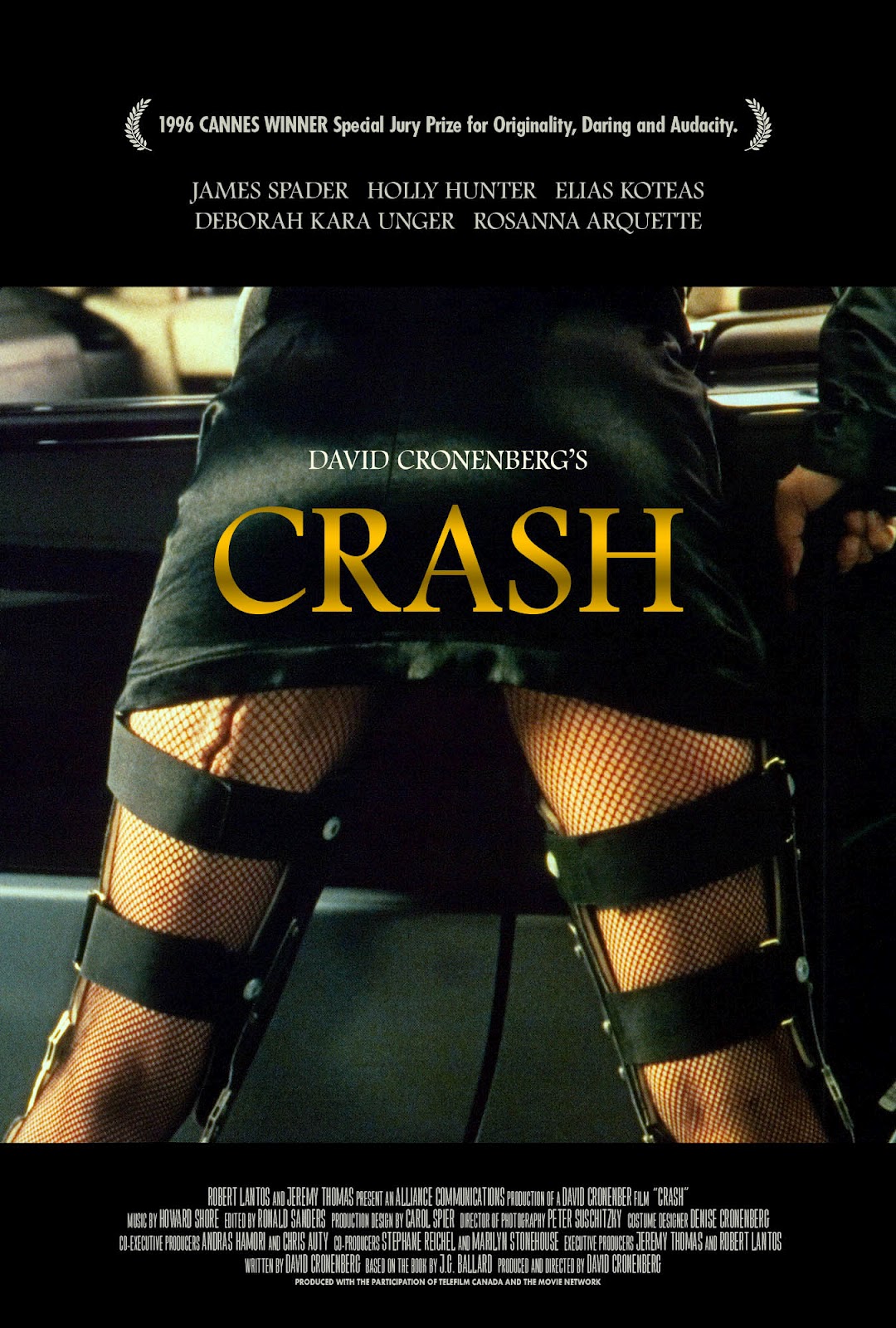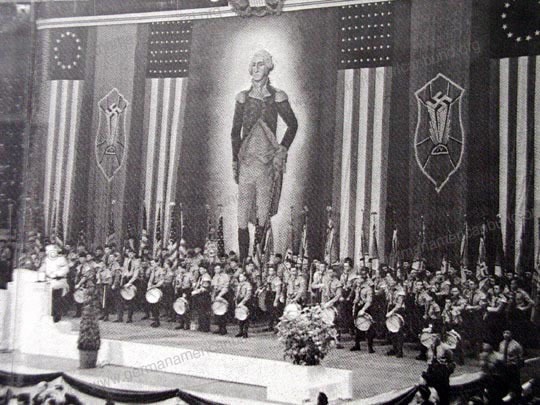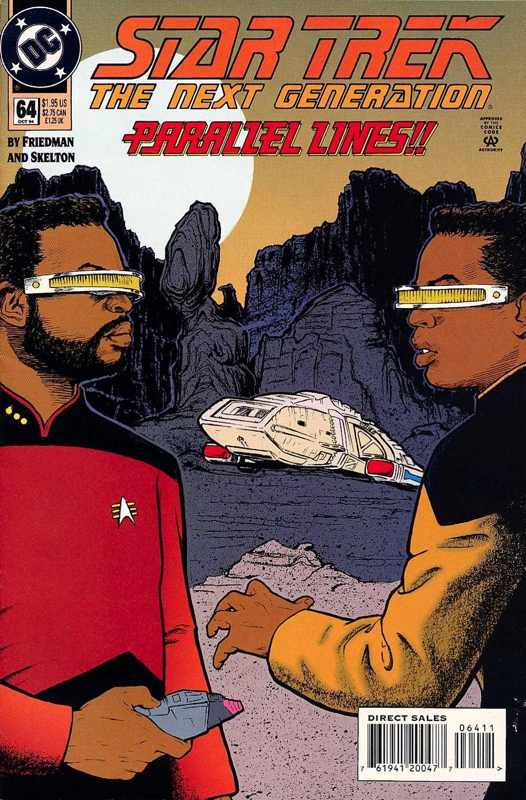The Lying Detective Review
Well, this was certainly better than The Six Thatchers, though a season of Sherlock (or indeed anything) in which the Moffat episode is not better than the Gatiss episode is difficult to imagine. In comparison with the three other straight Moffat scripts for Sherlock, which is to say to the three best episodes of the series this is… possibly not actually in fourth place overall for the show. Nah, I’ll go with definitely not – I’m comfortable putting The Sign of Three ahead of it.
Let’s start with Mary, since she’s certainly the biggest issue inherited from last week. First the good: we’re not done with Amanda Abbington yet! In fact, she’s credibly the best thing going for much of the episode, with her snarky side-comments routinely being the best gags in it. On the other hand, the narrative reasons for her death are by and large still inscrutable. The most obvious choice – that Moffat wanted to tell a story about grief and fatherhood – is clearly not where things are going, what with Rosamund not actually appearing in this episode. Nor does anything particularly follow from Mary’s death, or at least, nothing that couldn’t have been done anyway. Sure, the specific resolution of Sherlock getting into it with Culverton Smith to get John to save him is a product of Mary’s death, but save for that one emotional beat, this was a story that could have been done anywhere and at any point in Sherlock.
Indeed, for all that they rightly hyped Toby Jones’s portrayal of Culverton Smith, as a villain he is something of a step down at this point. The two most obvious comparisons, Magnussen and Moriarty, were both elevated by their actors, but were well-written and compelling ideas in their own right. Smith, on the other hand, would be a nothing without Toby Jones to leer and cackle his way through the episode. Sure, Sherlock vs. Jimmy Savile as serial killer is a decent hook, but the hook is all there is to Smith. There’s no potential for him to be elevated above baddie-of-the-week status, which isn’t really a status that a show that does three episodes every couple of years should be using. And more to the point, it’s basically one the show has rightly avoided since The Blind Banker. Much of what made Series Three so strong was that all three of its episodes were big, weighty events in their own right. This just… isn’t. And while the Jimmy Savile angle is clever, it’s also obvious, leaving nowhere for Moffat to get his teeth in and push it somewhere meaty.
As a result, this episode ends up being… fine. There’s nothing particularly wrong with it, but there’s nothing particularly right either. Its biggest idea is Sherlock’s addiction, which isn’t strictly speaking a topic that plays to Moffat’s strengths. He can’t really muster anything on it that he didn’t already do with His Last Vow, acknowledging the compelling and nebulous space between decision and compulsion.…

 Dedicated, with all awareness of the impudence and absurdity of doing so, but also with sincere love and respect, to the memory of John Berger.
Dedicated, with all awareness of the impudence and absurdity of doing so, but also with sincere love and respect, to the memory of John Berger. I don’t think any of the characters on the cover here actually appear in the issue. Certainly not that lady Romulan Commander: Davoros is male, I think.
I don’t think any of the characters on the cover here actually appear in the issue. Certainly not that lady Romulan Commander: Davoros is male, I think. a fixed spatial field entails establishing bases and calculating directions of penetration
a fixed spatial field entails establishing bases and calculating directions of penetration Just in time to see out the year, it’s the debut of Yet Another Eruditorum Press Podcast! A show I have tentatively decided to entitle Spirit Tracks, because reasons. I’m really excited to be able to share this new series with all of you: It’s a project I’ve been working on for a great deal of time and it’s gone through a number of different conceptual phases and incarnations. In its current form, I expect to be mainly doing commentary tracks on assorted bits of visual media, but I also hope to build a stable of regular guests and topics as the show evolves. I’ve already got a great series of co-hosts lined up for the first block of episodes, and I can’t wait to introduce you to each of them.
Just in time to see out the year, it’s the debut of Yet Another Eruditorum Press Podcast! A show I have tentatively decided to entitle Spirit Tracks, because reasons. I’m really excited to be able to share this new series with all of you: It’s a project I’ve been working on for a great deal of time and it’s gone through a number of different conceptual phases and incarnations. In its current form, I expect to be mainly doing commentary tracks on assorted bits of visual media, but I also hope to build a stable of regular guests and topics as the show evolves. I’ve already got a great series of co-hosts lined up for the first block of episodes, and I can’t wait to introduce you to each of them. So, farewell 2016. But don’t worry. Plenty of nasty shit is going to happen next year too.
So, farewell 2016. But don’t worry. Plenty of nasty shit is going to happen next year too. 